Working in homely confinement with nothing but virtual connections to our colleagues, customers and business partners has left us longing for more.
Since the pandemic forced us into home office, only few real in-person meetings took place – and the most fun ones are still missing: the informal chat by the coffee corner or at a colleague’s desk. Or an afterwork beer. Or the yearly office dinner.
The question that is popping up increasingly is: Will the old office culture come back? Do we want to go back?
ONLY NOW, WE KNOW
While some industries such as media, telco, IT and energy practiced remote work for decades already, most of us hardly ever worked from home at all. Many of us weren’t even sure if it was such a good idea. I remember discussions about all the downsides of letting employees work from home: how impossible it would be to manage them. How unproductive it would get outside of the office.
“The biggest challenge: maintaining personal relations.”
Today, the perception of remote work as a feel-good perk for selected employees is gone. One year into the pandemic the advantages have stood the test - and the real challenges have emerged. The biggest one, in my opinion: maintaining personal relations. Yes, we’ve tried the virtual coffee break and the virtual afterwork beer. But - don’t you think it is kind of awkward?
DISCOVERING A NEW HYBRID
So, what’s next? As we get out of the pandemic-inflicted lockdowns, some of our remote work behavior will be here to stay. In fact, a BCG-survey with thousands of managers and employees across Europe, foresees a much higher share of remote work than before. It also says that this will come with several advantages: higher productivity, lower office costs, and higher employee benefits.
Survey participants were also asked about the challenges of remote work - the answer: maintaining work culture, ensuring team engagement, innovating, controlling and driving productivity will no longer work the same way.
Some of our old office behavior must and will come back - but in a new form, called hybrid. A combination of in-person with virtual collaboration. A combination of at-home and in-the-office - but with different parameters or rules. We won’t necessarily go to the office to just sit there at our personal desk. But because we want to meet a specific group of people to collaborate in a specific format. We don’t work from home, just because it gives us more flexibility, or because we belong to the lucky ones who are allowed to do so. But because we are more productive at home for specific activities.
“Our old office behavior must and will come back - but in a new form, called hybrid.”
At MondayCoffee, where I work, we have moved our information infrastructure to the Microsoft cloud as soon as it became possible about seven years ago. Even before the pandemic, I can’t remember office meetings without remote contributors, digital whiteboards or video conferencing.
And even in our company we are longing to get back into the office, especially for certain collaboration scenarios. Innovation workshops, training sessions and team building just are much more effective, when taking place in-person. And if these are the key reasons for being in the office, this will question the current room layout there: Less individual workplaces, more and new formats of meeting spaces that take into account the specific collaboration requirements.
“Employees have to manage the blurry line between personal and professional lives as well as the difference between – and the combination of – physical and digital work.”
WE NEED NEW RULES
How to organize ‘hybrid work’ should be openly discussed in companies. New rules need to be established. First and foremost, to ensure the health of our employees.
Employees have to manage the blurry line between personal and professional lives as well as the difference between – and the combination of – physical and digital work. Companies and their managers need to give employees the right tools and set the suitable rules to keep a healthy balance. Employees need to resist the temptation of checking company posts and notifications when they should be enjoying their personal time instead. But not just the employees; managers also need support in how to lead teams in a hybrid world.
There is a whole new ground to be discovered. And I’m looking forward, together with my colleagues at MondayCoffee to go and determine the best way of working in this emerging hybrid environment. I’m confident that this time of change will bring us many innovations and opportunities to make work more effective, efficient and healthy at the same time.
Mark Albrecht is Director Corporate Development at MondayCoffee AG..
Source illustrations: vecteezy.com












